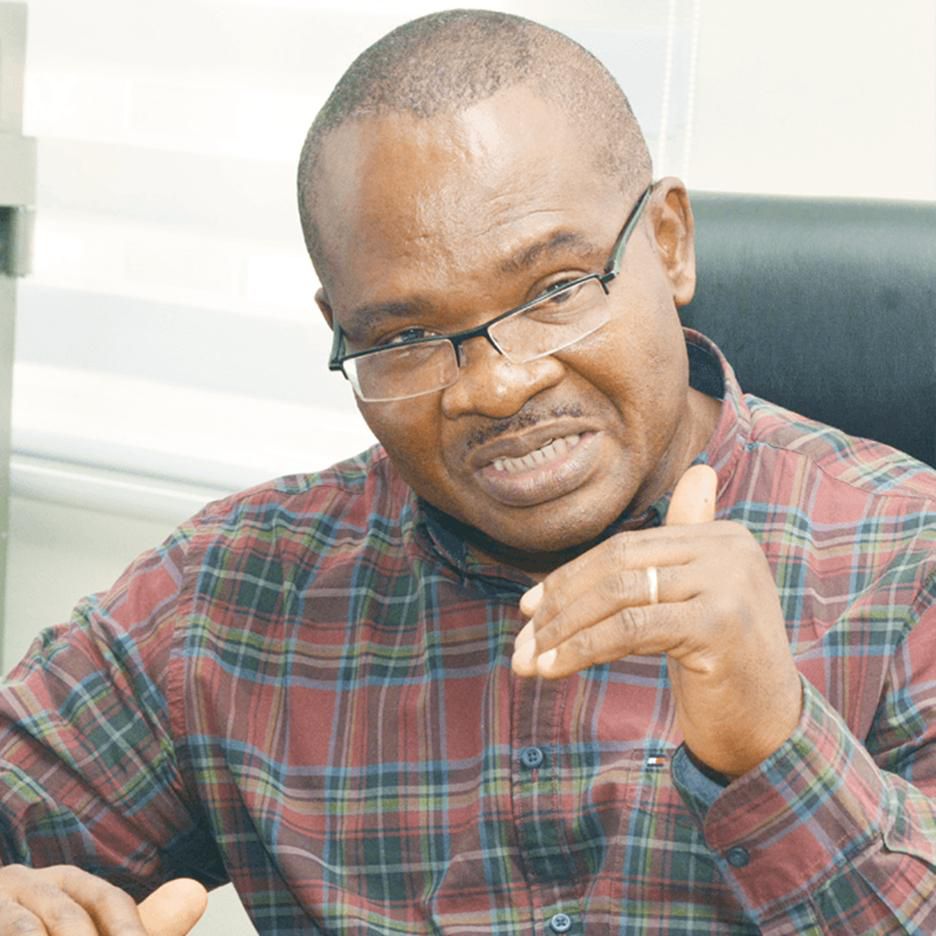
Renowned constitutional lawyer and Executive Director of Policy and Legal Advocacy Centre, (PLAC) Clement Okechukwu Nwankwo, on Wednesday gave a damning verdict on Nigeria’s democracy lamenting the total collapse of all institutions guiding the country’s elections such that the citizens have been stripped of their powers to remove politicians who have not met their expectations.
Newsmata.com.ng reports that Nwankwo, the convener of Civil Society Situation Room, also blamed the 13 years of military rule for where Nigeria is today.
Speaking on a special edition of Channels Television programme, Politics Today which x-rayed Nigeria’s 65 years of Independence, Nwankwo said be it under the previous parliamentary system whereby whoever wins a constituency election gets in, and who loses is out, or the present presidential system, politicians do all sorts of things because everybody wants to win.
“All sorts of things means that the institutions that guide our elections continuously get being compromised”, he stated.
According to him, “I started out as a lawyer who was told that the judiciary is the last hope of the common person.
“Today, the courts don’t work. If you have a grievance as a plaintiff, a complainant, you go to court, you could be in court for 20 years. And I’m not talking of political cases. If it’s a political case, the question arises whether judges are being bought and compromised by the politicians.
“So, in all reality, our Judiciary has collapsed. The legislature, which should be, as we had thought in the Constitution, the check and balance between the executive and the legislature; the legislature carries out oversight. What is the executive doing? What should the legislature do? It’s collapsed. The legislature has difficulty getting the executive to do what it should do to be accountable.
“The electoral commission has collapsed. Citizens don’t have confidence or faith in the electoral commission, quite frankly. Because you would say as a citizen, a politician has not delivered on the promise or expectation that you have of them, okay, I’ll wait for him in the next elections, I’ll wait for her in the next elections. And then the next elections come, what happens?
“You go to vote; you look at the result that is announced, it has nothing to do with the way the votes happened”.
On the seeming confusion in the type of system Nigeria operates, Nwankwo blamed it on years of military rule, tracing the trajectory to the advent of civilian rule in 1999.
Going down memory lane, he said, “I think given our recent history, you had military rule for 13 years. That military administration ended and General Abdusalam Abubakar who was the last military head of state handed over to General Olusegun Obasanjo who had himself been a dictator.
“So, that transition from a very brutal military era where arbitrariness was reigning didn’t quite happen. Yes, there were institutions, there were efforts to try and get President Obasanjo, and he’s very accomplished as a former president of this country and I totally commend all of his efforts.
“But when he took over, he had the toga of coming from, himself the military background, so that transition to civilian rule didn’t quite happen. And so, because you’ve had a unitary system of government, which was worsened under the dictator, General Buhari and General Ibrahim Babangida, and worsened of course by the brutal dictator, General Sani Abacha, you just didn’t see a return to civilianness, and every president since General Olusegun Obasanjo in 1999 have operated using the machinery that was left behind by the military to continue to operate this country as a unitary system”.
Positing that the struggle to decentralise and de-escalate the unitary system has been a continuous one, the constitutional lawyer regretted that “because of the struggle between the centre and the states where the centre actually arbitrarily dictates how the country is run, we haven’t had that independence”.
Berating the role of the military in Nigeria’s political trajectory, Nwankwo submitted that, “The military, very sadly, brought us to where we are today. Those interregnums have been a major disaster to this country, and that’s why you cannot but be quite angry about where the civilians are today with administration, with government”.